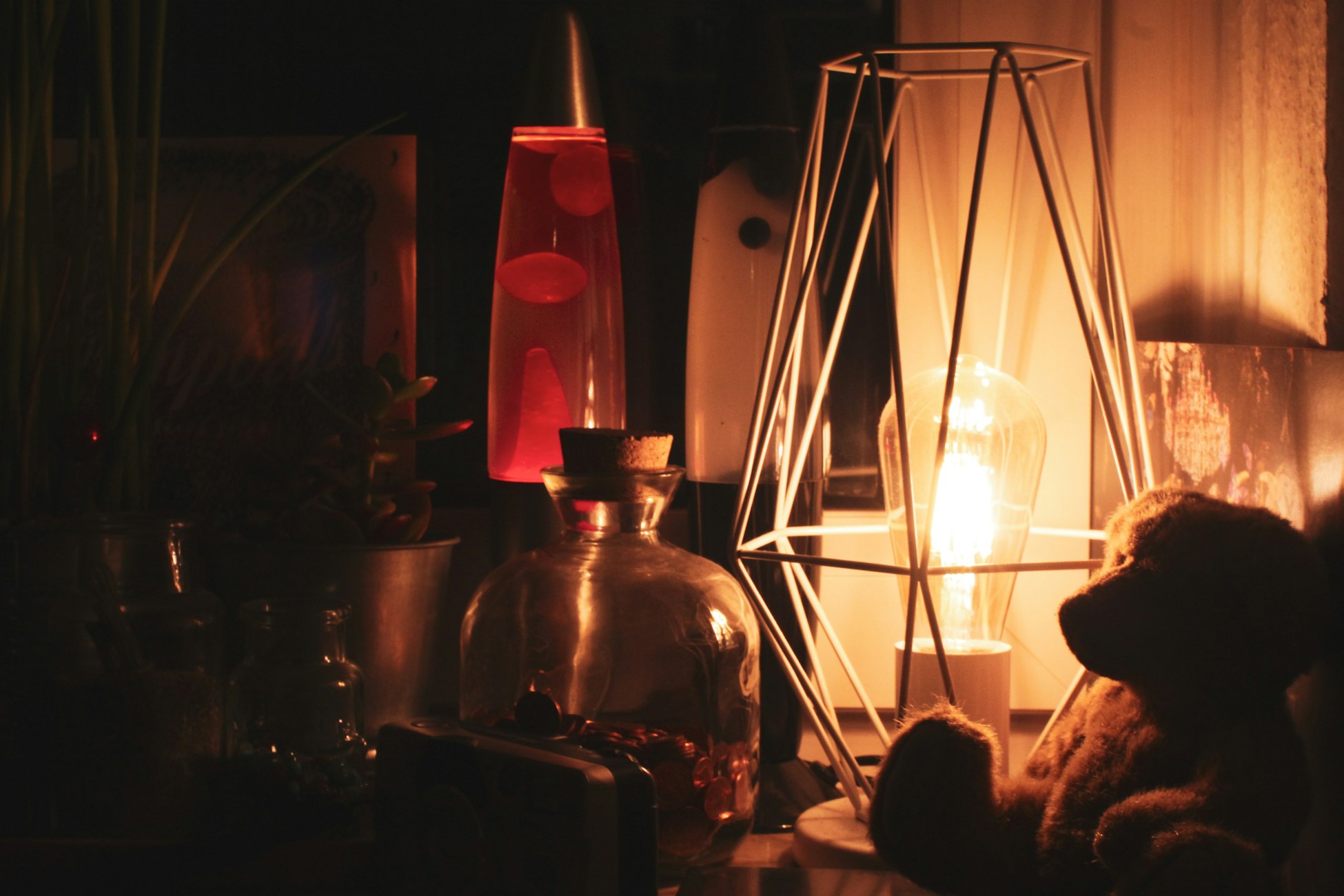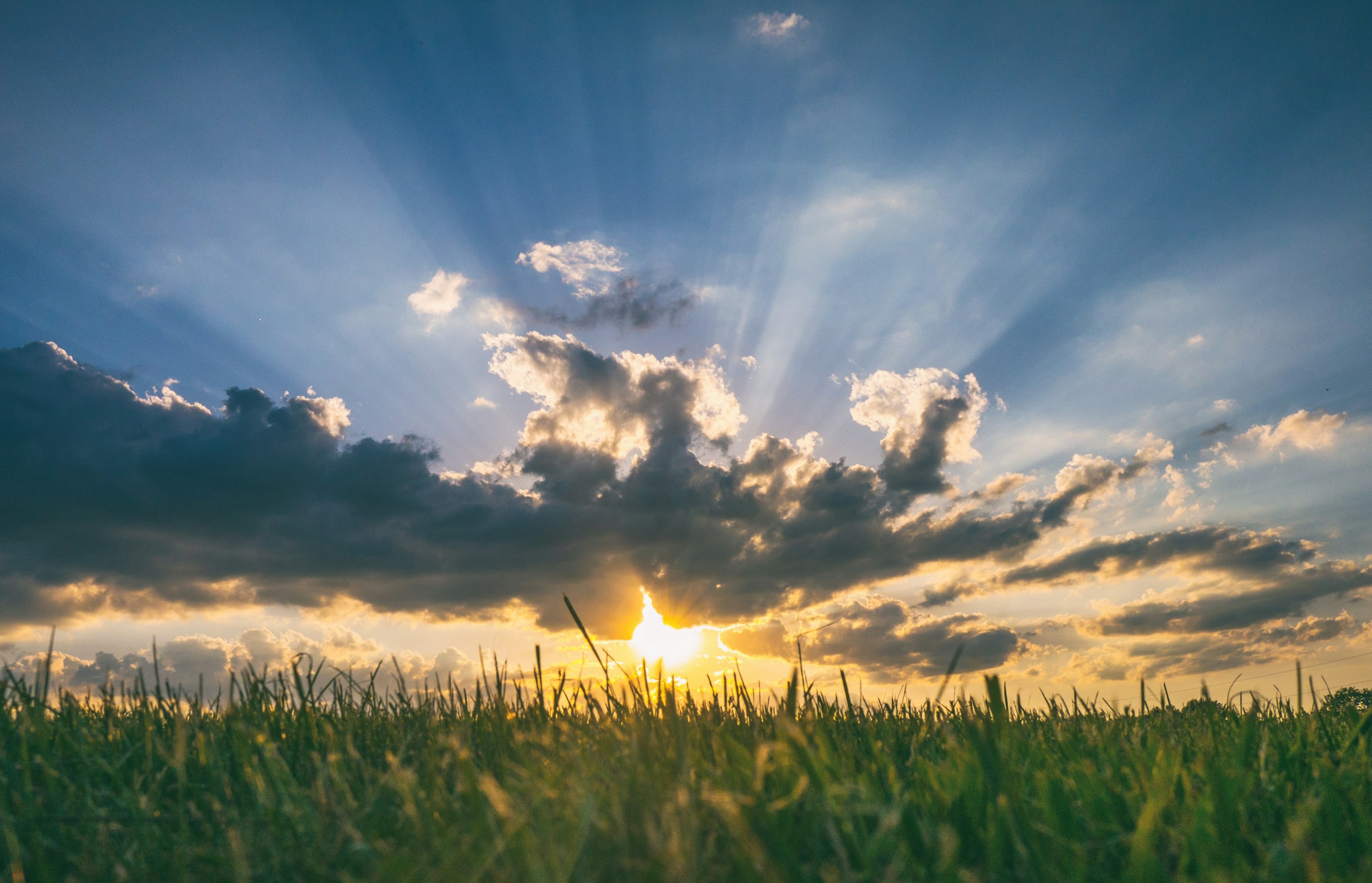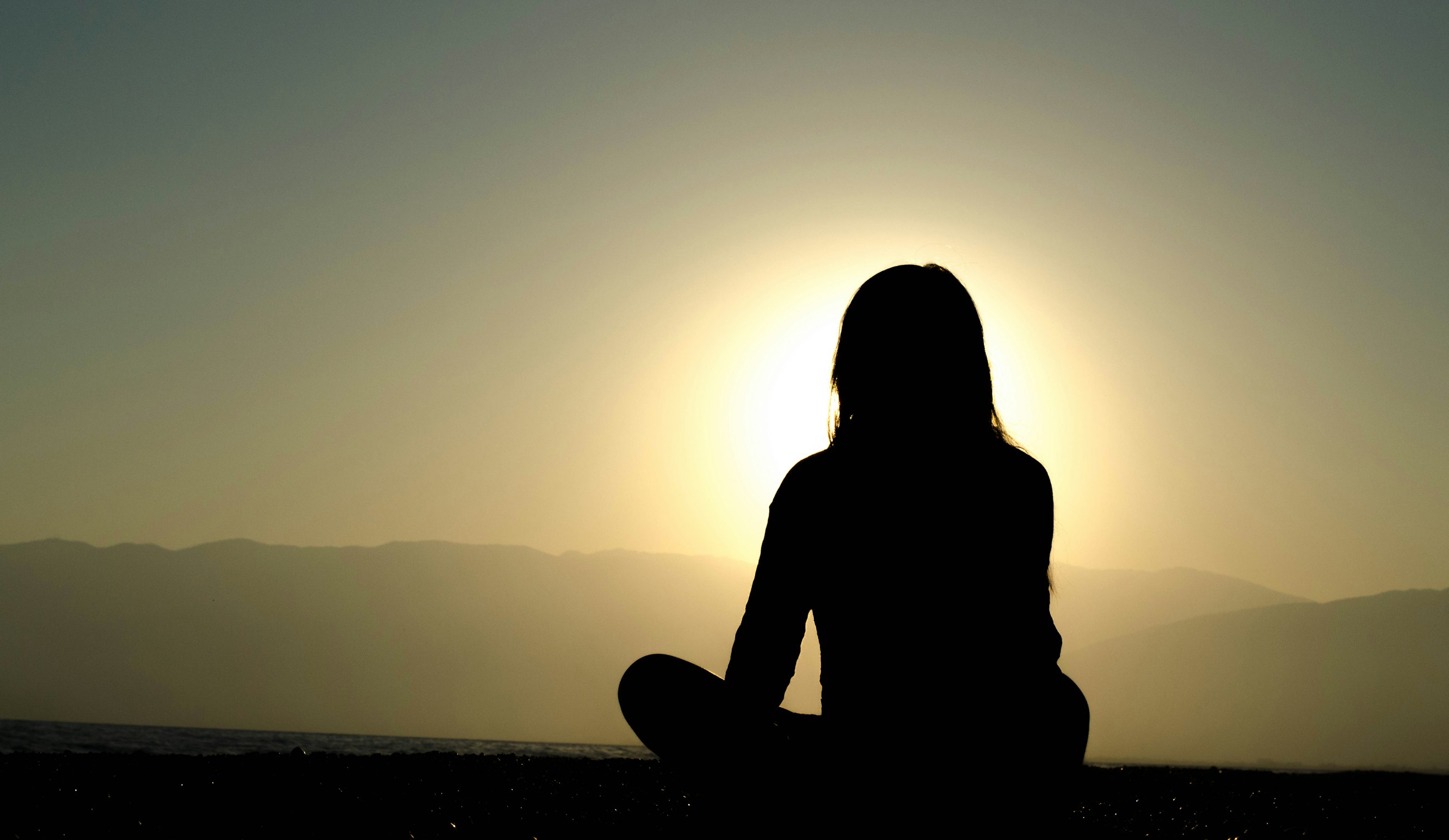Melatonin is a hormone that our body naturally produces. It is present in our bodies all. But when it starts to get dark outside, our melatonin levels rise dramatically – sending messages to our body that it’s time to sleep. It distributes through our bloodstream and binds with receptors in the brain to reduce nerve activity which helps us relax. Melatonin helps us fall asleep quickly and wake up less frequently so we can have a restful night’s sleep. But given it naturally reduces as we got older, what are some of the things we can do to boost our melatonin levels?
Dim your lights at night
In today’s day and age, it is not uncommon to be surrounded by bright lights right up until bedtime. Bright lights at night can confuse and disrupt our internal body clock as melatonin increases with darkness and decreases with light. A simple yet effective way to increase melatonin production, to help you sleep, is to dim your lights at least one hour before bedtime.

Reduce screen time
The blue light emitted from devices has the biggest impact on melatonin production compared to other lights. These devices include: TV, smartphones, tablets, computer monitors, and LED and fluorescent lightbulbs. If you cannot reduce your screen time, invest in blue light blocking glasses or switch your devices to dark (or night) mode after sunset.

Cut back on coffee
Research has shown coffee disrupts melatonin production. It’s recommended that you stop drinking coffee at least six hours before your bedtime. Melatonin production is different for everyone. So, make note of your sleep to see if you need to make any adjustments to your coffee consumption and cut off time. Cutting back on coffee can be hard. Try these five alternatives to coffee that’ll give you a boost without interrupting your sleep.

Get some sun on your face
Getting some sunshine each day helps regulates your internal clock and aids the production of melatonin. Sunlight makes serotonin which precursor of melatonin. It is reported that serotonin converts into melatonin when it becomes dark. It’s recommended that you expose yourself to sunlight for 30 to 45 minutes within an hour of waking. Given the many benefits of taking a walk on the bright side, try to get out there and soak up those rays.

Eat the right foods
There is a range of foods that have high levels of melatonin naturally. These include: cherries, goji berries, eggs, milk, fish and nuts – in particular almonds and pistachios. A goji berry smoothie with almond milk and salmon omelette are some tasty ways to incorporate these sleep-inducing foods into your diet.

Increase relaxation and reduce stress
We’ve all had the experience of tossing and turning and not being able to get to sleep. Whether we’ve had something on our mind or a big event the next day, stress is not helpful when it comes to sleep. That’s because our stress hormone (cortisol) also plays a role in our internal clock. Typically our body’s cortisol levels are high during the day and lower at night. However, stress can throw this balance out and disturb melatonin production with chronic stress leading to insomnia. That’s why focusing on relaxation and trying to relieve stress before bedtime will help you sleep better.

As you can see, many things that impact your sleep. Depending on your current sleep patterns and how long you have experienced sleep disturbances, you may not notice an immediate change. But, there are many things you can do to support a better night’s sleep! We hope these simple suggestion will help improve your sleep. If you are considering taking melatonin supplements, always speak to a health professional prior.
As always, please let us know if there are any topics you would love us to look into or you have any queries or feedback. You can reach us at marketing@hoban.com.au
